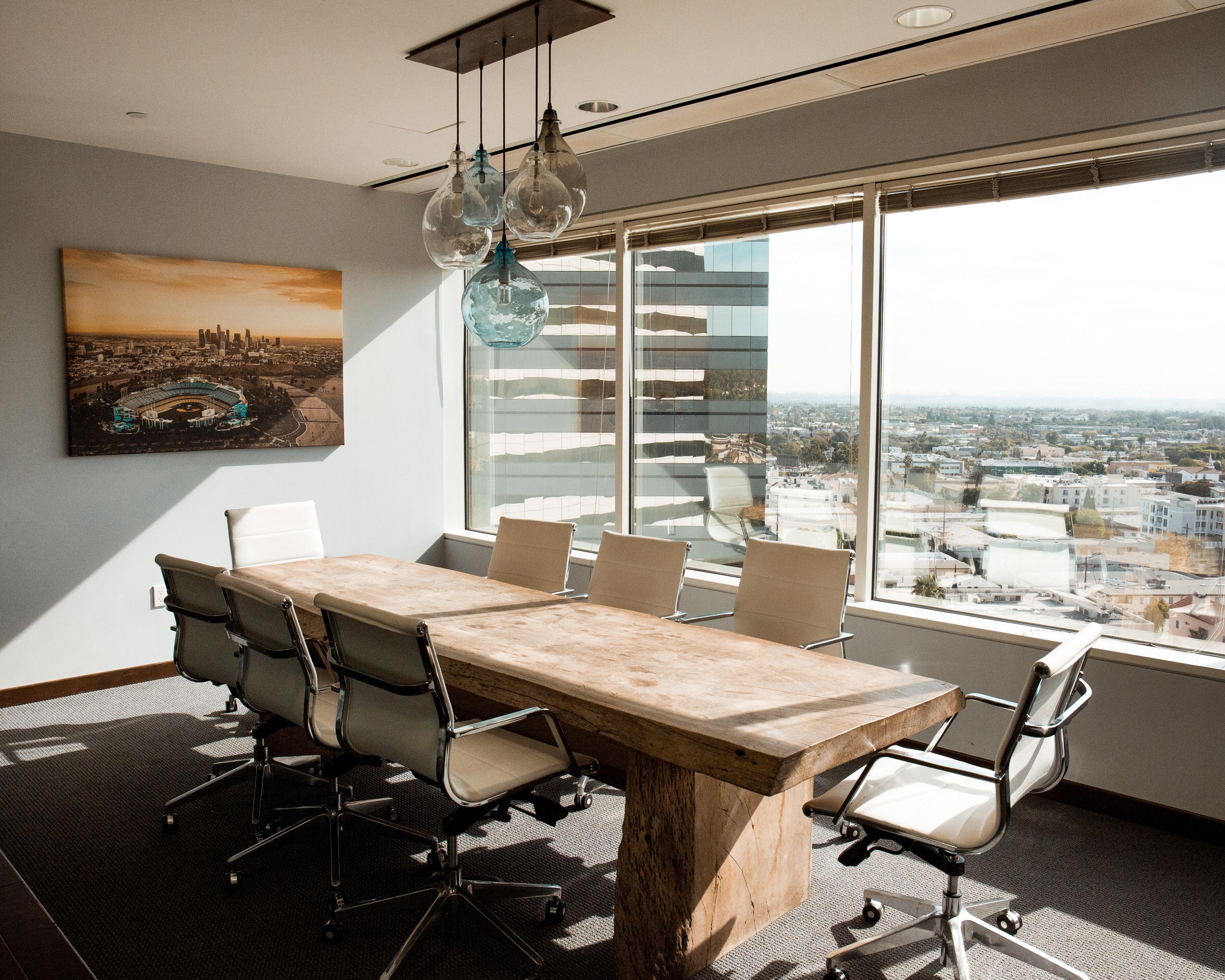Finding a new place to live as a remote worker can be both exciting and challenging. There are quite a few things you need to keep an eye out for in order to score the place perfectly suited to your specific needs.
So let’s take a look at five essential factors to consider when searching for a place to live and work as a remote worker.
Internet connectivity
The cornerstone of remote work is reliable internet connectivity. Before settling on a location, ensure it boasts robust Wi-Fi or wired internet options. This is more than just a convenience; it’s a critical factor that can boost your income or completely bury it.
Investigate the internet speed and consistency, as slow or unreliable connections can lead to frustrating disruptions and decreased productivity. Consider the availability of backup options like mobile hotspots or co-working spaces to mitigate unexpected downtimes, which can be more than just an inconvenience—they can be a professional setback.
Also, assess the cellular reception in the area, as this can be crucial for maintaining communication with colleagues and clients.

Image by freepic.diller on Freepik
Work-life balance
Seek spaces that harmonize your professional and personal life. This means finding a location that offers a quiet area for undistracted work hours, and equally, zones where you can unwind and disconnect from work.
Your living space should have a designated area for work—a place where you can set up a comfortable, ergonomic workstation, ideally with natural lighting and away from distractions. Similarly, consider the recreational aspects of your living space. Whether it’s a nearby park for morning jogs, a cozy reading nook for after-work relaxation, or a vibrant local community to engage with, your environment should foster both productivity and relaxation.
Pay attention to the noise levels, both during the day and at night, as a peaceful environment is crucial for both concentration during work hours and restful sleep.
Apartment’s location and layout
When it comes to apartments for remote workers, the emphasis on location and layout cannot be overstated. The location of apartment rentals plays a significant role in your daily life. It affects your access to essential amenities like supermarkets, healthcare facilities, and leisure activities.
A location that’s too remote might offer peace and quiet but could also lead to a sense of isolation and difficulty accessing necessities. The layout of your apartment is equally important. An ideal apartment for a remote worker should have a well-defined workspace, separate from the living and sleeping areas. This separation is crucial for maintaining a healthy work-life balance and ensuring that your home remains a sanctuary for relaxation.
Natural light and good ventilation are also important for creating a comfortable and productive workspace. Additionally, consider the flexibility of the space. Can it be rearranged to suit different needs, like setting up a temporary home office or accommodating guests?

Image by katemangostar on Freepik
Budgeting and finances
Budgeting for a new place to stay involves more than just the rent. As a remote worker, you need to consider several hidden costs that can impact your overall expenses. Utilities such as electricity, water, and gas can vary significantly depending on the location and the efficiency of the apartment.
Internet subscriptions are another crucial factor, and opting for high-speed, reliable service might come at a premium. Maintenance fees, parking charges, and possible homeowner association fees are other expenses that should be factored into your budget.
It’s essential to have a clear understanding of all these costs before making a decision, as they can add up and impact your financial stability. Moreover, setting aside funds for emergency repairs or unexpected costs can provide a safety net and peace of mind.
Community engagement
For remote workers, the risk of feeling isolated is real and can impact both mental health and productivity. Therefore, it’s vital to consider the community aspect when choosing a new place to stay.
Look for areas with a sense of community, whether it’s through local events, social clubs, or co-working spaces. These can provide opportunities for socializing, networking, and even professional collaboration. Participating in community activities can also be a great way to unwind and take a break from work.
Additionally, living in an area with other remote workers or professionals can offer a sense of camaraderie and understanding, as they are likely to share similar experiences and challenges.
Securing a place to live and work is about meeting your needs for a productive, balanced, and fulfilling lifestyle.
As the lines between work and home become less distinct, consider choosing your next place to live with more than just practicality in mind. Aim to create a comfortable space that enhances the balance between your work and personal life.



